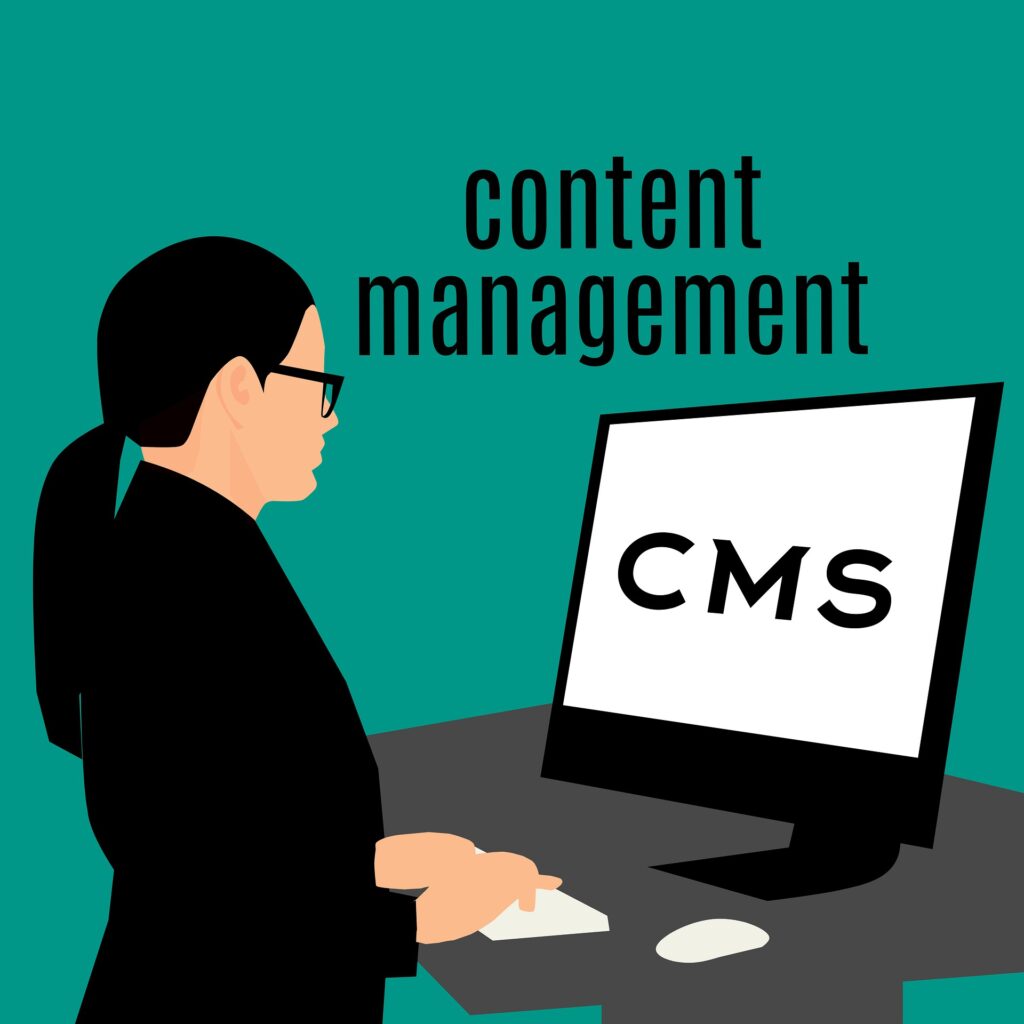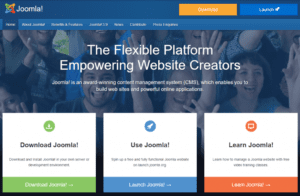Content Management Systems (CMS) are software platforms that allow users to create, manage, and publish digital content on the web without requiring extensive technical knowledge. These systems are used to manage content, including text, images, videos, and other multimedia assets, in a structured and organized manner. CMS platforms enable users to publish, edit, and maintain content on their websites or online applications with minimal effort.

CMS Options
- Open Source
- Open source refers to software that is publicly accessible and allows users to access, and modify its source code. This often results in a more collaborative and a community-driven approach to software development.
- Software-as-a-Service
- SaaS is a type of content management system that is hosted and delivered through the internet as a service. Instead of installing and maintaining the CMS on their own servers, users access the CMS through a web browser and pay a subscription fee for its use.
- Proprietary CMS Software
- Proprietary CMS refers to a type of content management system that is developed and owned by a single company or organization, the source code is not available to the public. Proprietary CMS solutions often require users to pay a licensing fee to use the software.
What are the Benefits to Software-as-a-Service?
SaaS CMS solutions provide a range of benefits, including lower upfront costs, easier scalability, reduced maintenance and support requirements. Since the software is hosted on the provider’s servers, users can access the CMS from anywhere with an internet connection, making it a flexible and convenient option for personal websites or businesses of all sizes.
Could a CMS be Open Source and SaaS?
Yes, a CMS can be both Software-as-a-Service (SaaS) and open source. In fact, some SaaS CMS solutions are built on open-source software and provide users with the flexibility and convenience of a SaaS solution, while also allowing them to access and modify the source code as needed. An example of such a CMS is WordPress.com, which is a cloud-based version of the popular open-source WordPress CMS. Another example is Ghost, an open-source CMS that offers a hosted version as a SaaS solution. By combining the benefits of open-source software with the convenience of a SaaS solution, these CMS options can provide users with a powerful and flexible way to manage their digital content.
The main advantages of using a CMS are its ease of use and flexibility. CMS platforms offer a user-friendly interface that enables users to manage their website content with minimal training and technical knowledge. Moreover, CMS platforms offer a range of templates, themes, and plugins that allow users to customize their website’s appearance and functionality without requiring any coding skills.
Another advantage of using a CMS is that it allows users to collaborate with multiple team members and assign different roles and permissions to each member. CMS platforms also provide robust security features to protect websites from malware, hacking, and other cyber threats.



